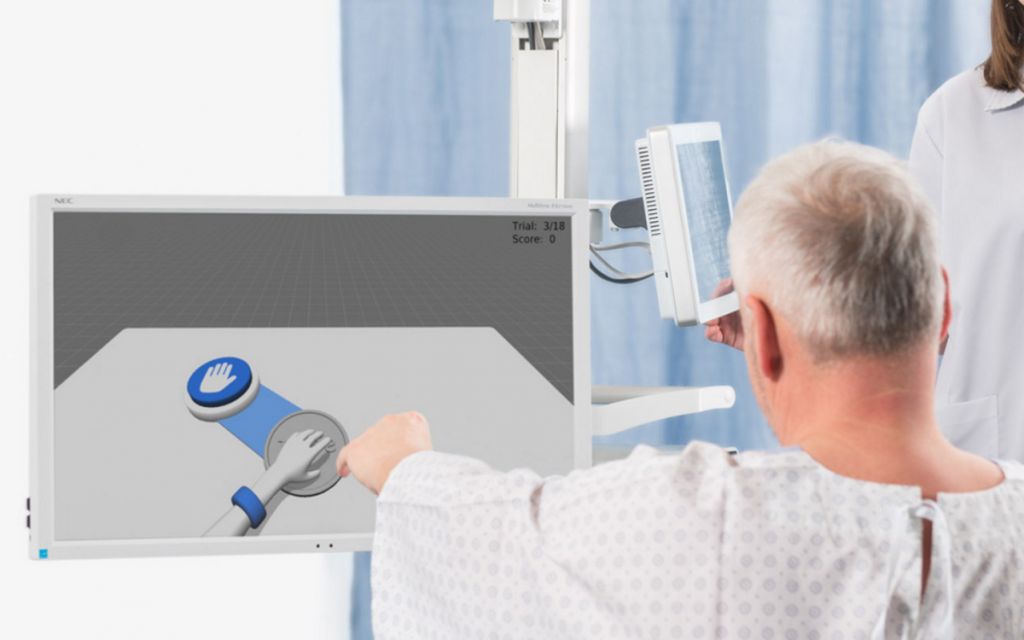One of the greatest things about human life is that we can always stay flexible with our approach. This flexibility allows us to put-together a diverse experience within every imaginable domain, and when you are able to do, it directly results in bigger and better horizons. The said by-product has gone on display time and again throughout our history, but none of those appearances can be deemed as impactful as the one that delivered technology. Technology became such a reference point for our limitless capabilities mainly due to the way in which it took over every sector out there. Suddenly, we had some really unique methodologies at our disposal, each one focused rather heavily on elevating us beyond all expectations. While we saw this dynamic take various different shapes, the permutation it opted for in the medical sector is surely among the most critical ones. You see, before technology reinvented its whole identity, the global healthcare system never quite carried, let’s say, an encouraging vibe. The area’s obsolete structure ensured that the appeal factor in play here would always stay on the negative side. Nevertheless, by committing to technology, it successfully triggered a much-needed shakeup. In fact, since morphing into medtech, the healthcare sector has now grown enough to attract an unprecedented amount of attention, and that was backed up strongly through a recent funding.
MindMaze, which takes a gamified approach to treat neurological disease and injury, has officially secured $105 million in a recently-concluded funding round. Led by Concord Health Partners, the round saw further participation from the likes of AlbaCore Capital Group and Hambro Perks. As per certain reports, the company plans to dedicate the fresh cash inflow towards product development, clinical evidence generation, commercial growth, and more strategic partnerships. While MindMaze remains one of the very few companies to base its treatments on video games, the industry experts do sense a better presence for the same in near future. This consensus is rooted in research, which talks at length to how enlisting virtual reality can significantly reduce patient’s discomfort around the treatment, thus freeing up the space for higher responsiveness, and consequentially, more efficient outcomes.
“MindMaze has developed the leading technology and approach to digital therapeutics for neuro-rehabilitation and restoration, providing clear benefits to patients, providers and payers,” said James Olsen, founder and managing partner at Concord. “We believe this notable advancement in treatment and therapy will meaningfully improve brain health and recovery for a wide range of conditions.”
At present, MindMaze is working on eight notable conditions, including stroke, Parkinson’s disease, multiple sclerosis, Alzheimer’s diseases and mild cognitive impairment, spinal cord injury, autism, pain and aging/frailty, so any advancement on the company’s part can be expected to achieve a far-reaching effect.


















